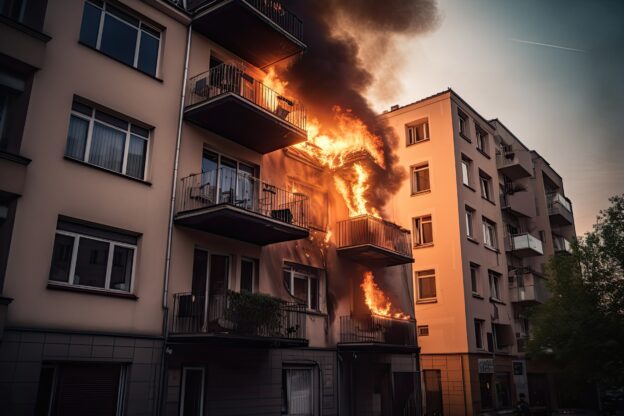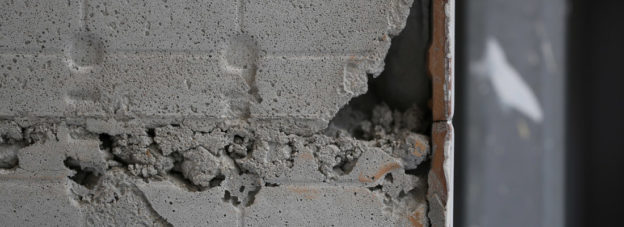In Phila. Indem. Ins. Co. v. Gonzalez, No. 1-23-0833, 2024 Ill. App. Unpub. LEXIS 1372, the Appellate Court of Illinois considered whether the terms of a lease agreement limited a tenant’s liability for fire damages, a fire caused by her negligence, to her apartment unit only. The plaintiff insured the subject apartment building, which incurred damage to several units as result of a fire in the tenant’s unit. The lease defined “Premises” as the specific apartment unit occupied by the tenant and held the tenant responsible for damage caused to the Premises. While the court found that the lease permitted the plaintiff to subrogate against the tenant, it held that the lease terms limited the damages to the tenant’s apartment unit only.
In Gonzalez, the plaintiff’s insured owned a multi-unit apartment building in Chicago. In September 2019, the building owner entered into a lease agreement with the defendant for apartment Unit 601. The lease stated that Unit 601 was the “Leased Address (Premises).” Another provision stated that building owner “hereby leases to Tenant(s) and Tenant(s) hereby leases from Landlord(s) for use as a private dwelling only, the Premises, together with the fixtures and appliances (if any) in the premises…” The lease also stated that “Tenant shall be liable for any damage done to the premises as a result of Tenant’s or Tenant’s invitees, guests or others authorized to reside in the Premises [sic] direct action, negligence, or failure to inform Landlord of repairs necessary to prevent damage to the Premises.”





